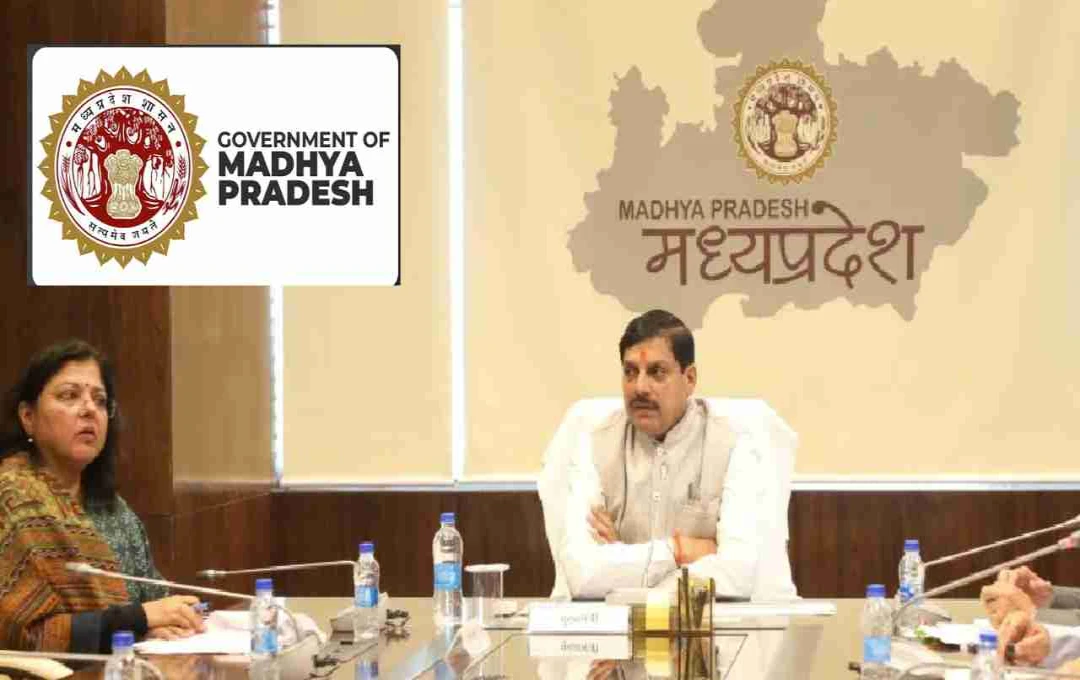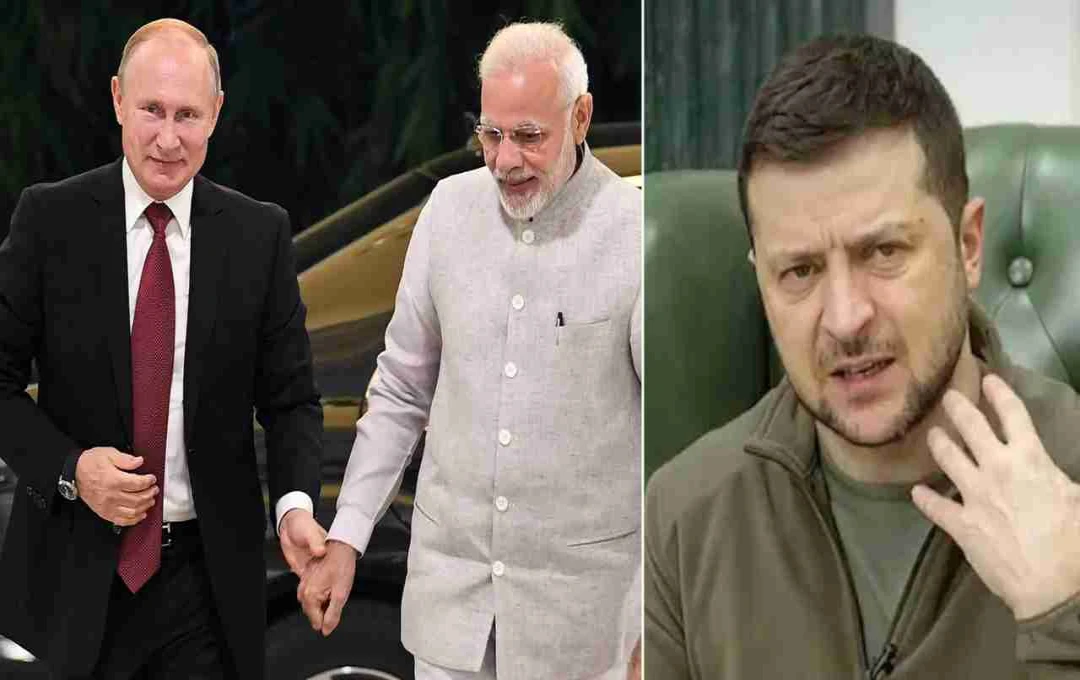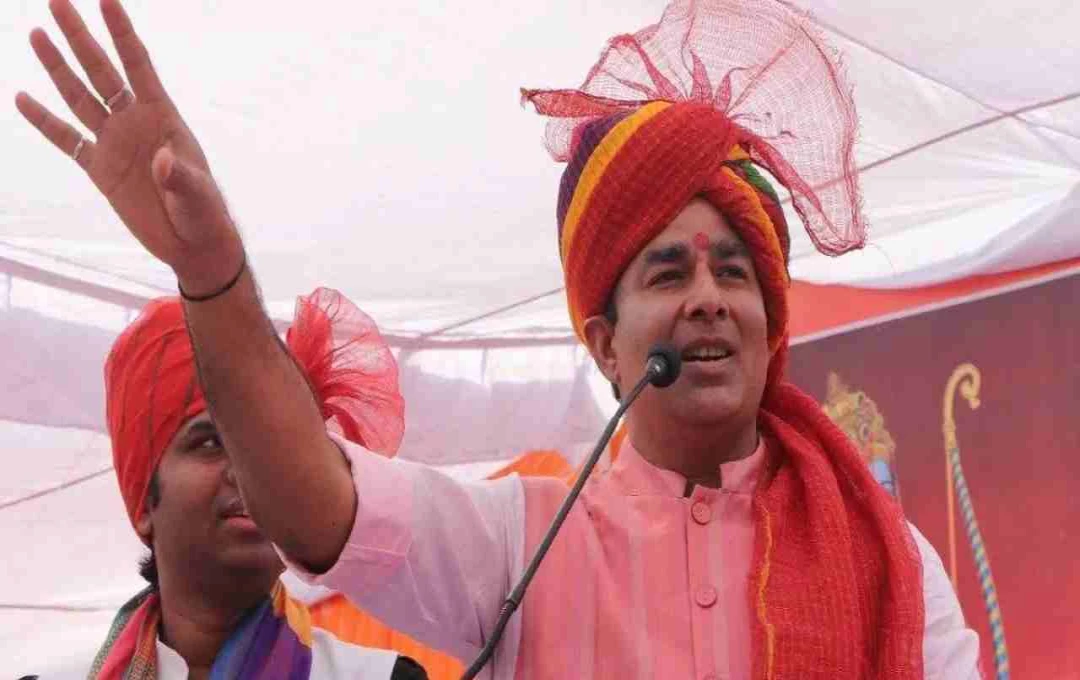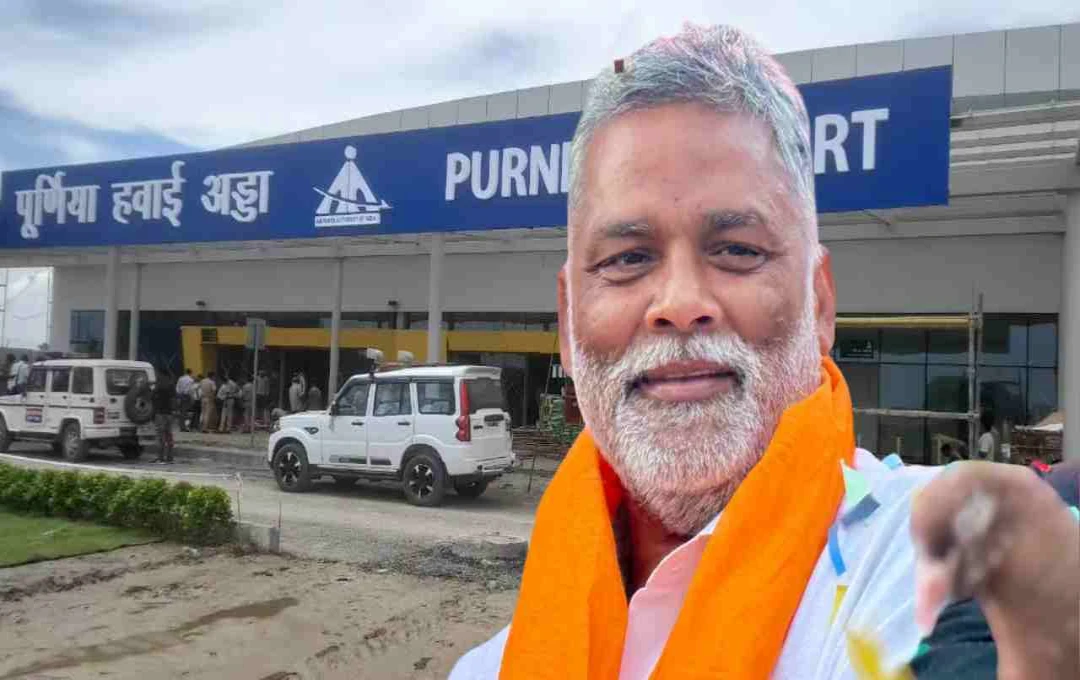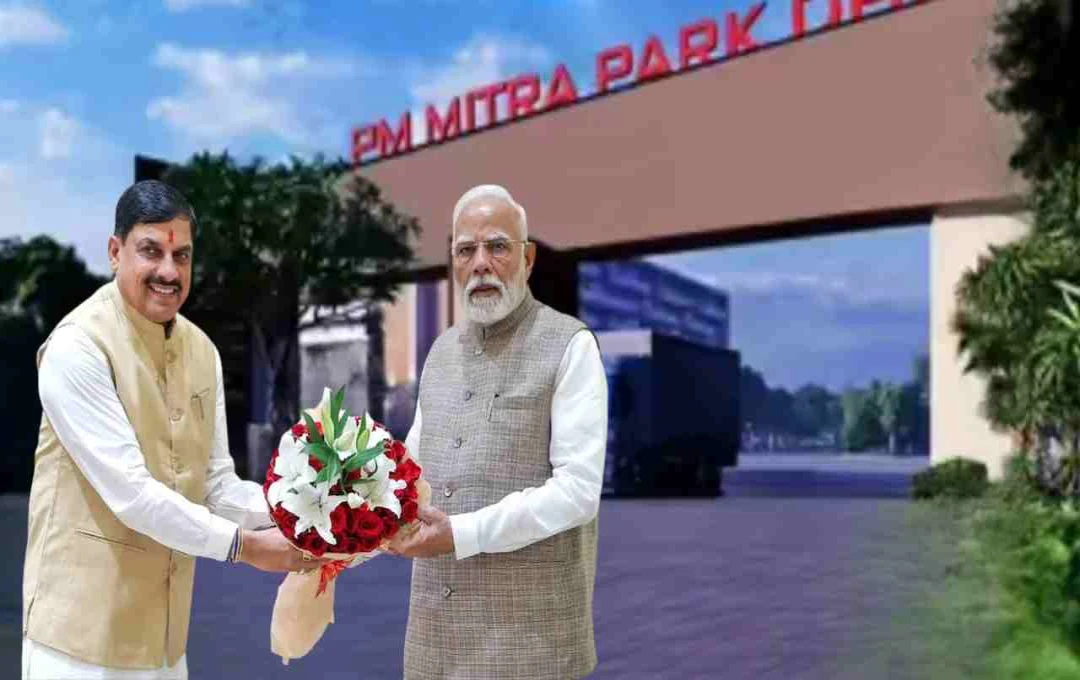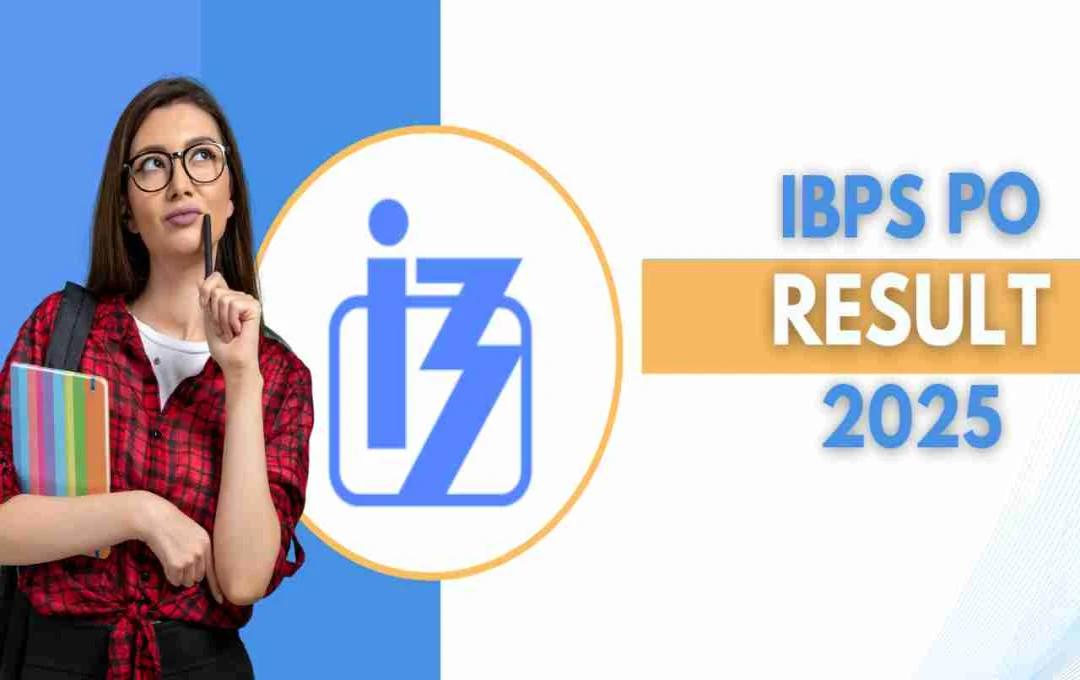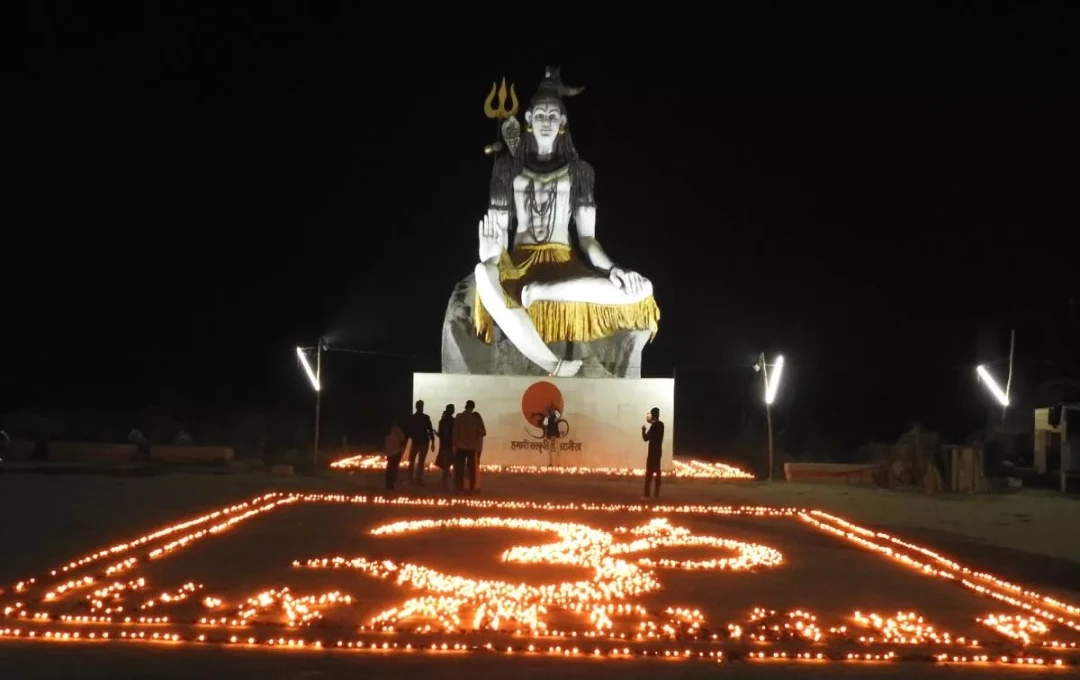A significant transfer of 18 IAS officers and 11 District Panchayat CEOs was carried out late at night in Madhya Pradesh. After the new officers take charge, it is expected that administrative balance and the pace of development work will increase in the districts.
Bhopal: Administrative activity has once again been observed in Madhya Pradesh. The government made a major decision late at night, transferring 18 IAS officers. Not only this, the District Panchayat CEOs of 11 districts have also been changed. This sudden move has caused a stir in administrative circles and political discussions have also intensified.
Why was the transfer done late at night?
Usually, large-scale transfers of IAS officers are done during the day, but this time the orders were issued late at night. Sources say that the government has taken this decision to create administrative balance and accelerate development work in the districts. Meanwhile, questions are also being raised in political circles about why such haste was shown.
Which officers were transferred?
In the order issued by the government, 18 IAS officers have been assigned new responsibilities. These include CEOs of several districts, Commissioners of corporations, and Secretaries of departments.
- Vishesh Gadpale – Secretary, Energy Department
- Vandana Vaidya – MD, Finance Corporation Indore
- Gajendra Singh Nagesh – From Singrauli District Panchayat CEO to Narsinghpur District Panchayat CEO
- Guruprasad – Deputy Secretary, Chief Secretary's Office
- Divyank Singh – Additional Commissioner, Urban Administration Bhopal
- Tapsaya Parihar – From Chhatarpur District Panchayat CEO to Commissioner, Municipal Corporation Katni
- Shishir Nemawat – From Katni District Panchayat CEO to Additional Commissioner, Urban Administration Bhopal
- Dr. Neha Jain – From Sehore District Panchayat CEO to Deputy Director, NVDA Indore
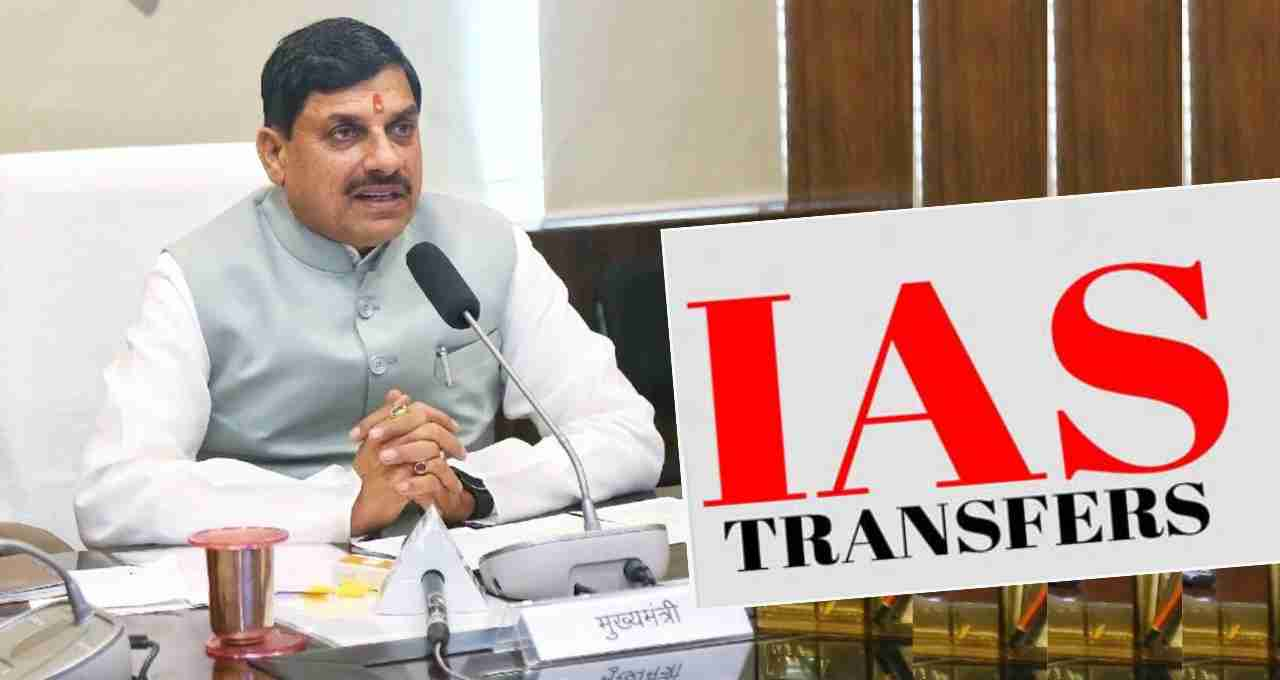
- Shreyans Kumawat – From Mandla District Panchayat CEO to Ujjain District Panchayat CEO
- Tanmay Vashisht Sharma – From Anuppur District Panchayat CEO to Deputy Collector, Municipal Corporation Bhopal
- Dalip Kumar – From Narsinghpur District Panchayat CEO to Devas Municipal Corporation Commissioner
- Pawar Navjeevan Vijay – From Seoni District Panchayat CEO to Additional Collector, Indore
- Anil Kumar Rathore – From Dindori District Panchayat CEO to Executive Director, Industrial Development Corporation Jabalpur
- Anshuman – From Sidhi District Panchayat CEO to Managing Director, State Wide Area Network
- Artha Jain – CEO, Smart City Indore
- Arvind Kumar Shah – Deputy Commissioner, Municipal Corporation Jabalpur
- T Prateek Rao – Deputy Commissioner, Municipal Corporation Gwalior
- Anisha Srivastava – Executive Director, Industrial Development Corporation Gwalior
Along with these changes, many districts have also got new faces as their District Panchayat CEOs.
Why are IAS officers transferred?
Transfers of IAS officers are a part of the normal process. There can be several reasons for this–
- Administrative Necessity – To maintain administrative balance and efficiency in a district or department.
- Pace of Development Work – New officers are sent to districts where the speed of development schemes is slow.
- Policy Changes – Officer appointments are changed according to government priorities.
- Performance-Based Decisions – Officers performing well are given important responsibilities, while those with weak performance are changed.
- Political Reasons – Transfers are also sometimes made due to political pressure or equations.
- Irregularities or Investigations – If an officer faces allegations of corruption or irregularities, they may be removed or transferred to another location.
- Regular Rotation – As per IAS cadre rules, periodic transfer of officers is mandatory.
Political discussions also intensify
Assembly elections are due in Madhya Pradesh next year. In such a situation, this transfer is also being viewed from a political perspective. The opposition says that the government is posting officers keeping in mind electoral benefits. However, the government claims that this is entirely an administrative decision and has no connection with the elections.
